 My story “The Marsh of Camarina” is up at Lightspeed. The story takes place in the near future, when climate change has baked the world and AI has taken over most jobs. When Sita graduates from university with a useless degree and a huge debt, her career counselor suggests she try out a new type of socio-anarchic community in Canada. Here’s the opening paragraph:
My story “The Marsh of Camarina” is up at Lightspeed. The story takes place in the near future, when climate change has baked the world and AI has taken over most jobs. When Sita graduates from university with a useless degree and a huge debt, her career counselor suggests she try out a new type of socio-anarchic community in Canada. Here’s the opening paragraph:
“Your grades really are quite spectacular, Sita,” my career advisor Mrs. Dana Rice says to me in her deep southern drawl, an accent I’ve come to associate with my studies here. “A 3.8 cumulative GPA at Georgia Tech is nothing to sneeze at. You should be proud of yourself!”
I force a smile and say, “Thank you.” But all I can focus on is the football stadium gleaming outside Mrs. Rice’s office window. Sweeping. Enormous. Empty. Baking in the morning sun. I went to a game my freshman year and cheered on the Yellow Jackets with all the other Rambling Wrecks. But after that, I got too immersed in my studies to cheer on anything but my grades. And just like the band’s snapping snare drum then, my heart beats triple time now. Mrs. Rice didn’t call me in to here to pat me on the back for my grades.
“As you may have heard, Sita,” she says, and I brace myself, “we’ve been having some . . . difficulties placing students into jobs after graduation.”
If this were a contest of euphemisms, she’d win the grand prize. By “difficulties” Mrs. Rice means that—according to a study commissioned by the U.S. Congressional Budget Office—ninety-four percent of students graduating with computer science bachelor degrees were unable to find employment last year. Their jobs were replaced by high-level AIs, programs that could build code for a hundredth of the price of a human employee. This year—though the numbers aren’t totaled yet—is shaping up to be far worse. “Yes,” I tell her, “I’ve heard some things.”
You can read “The Marsh of Camarina” here.
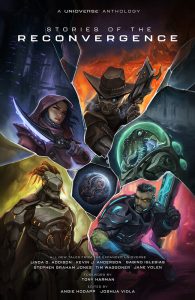



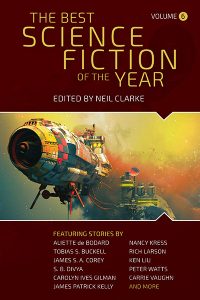


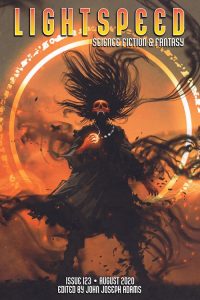
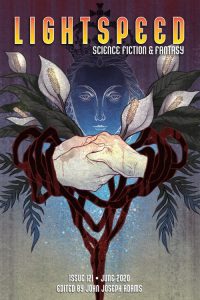
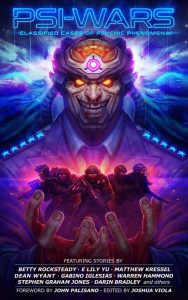
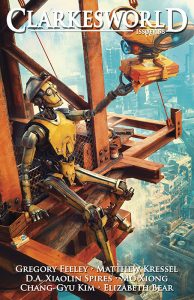

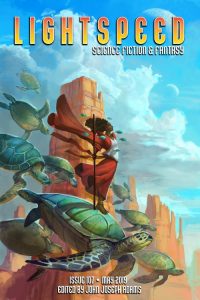

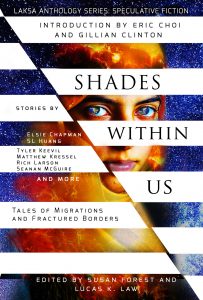

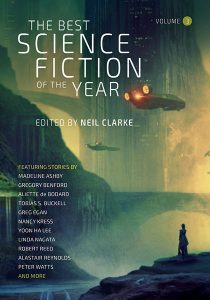










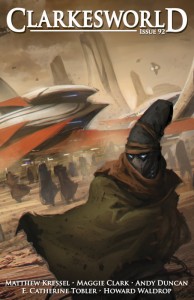






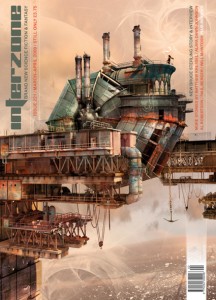

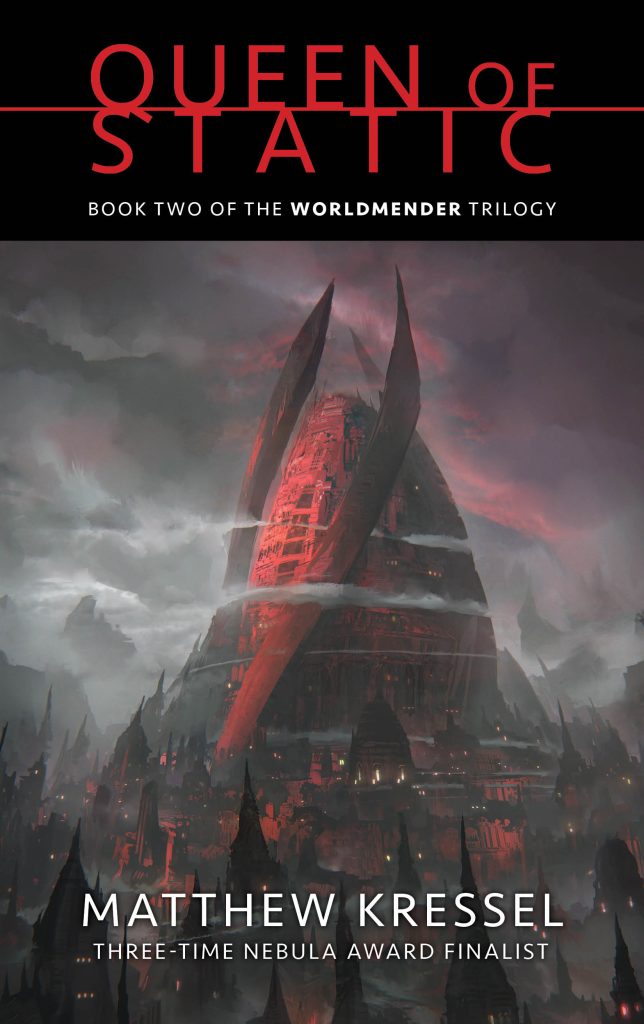

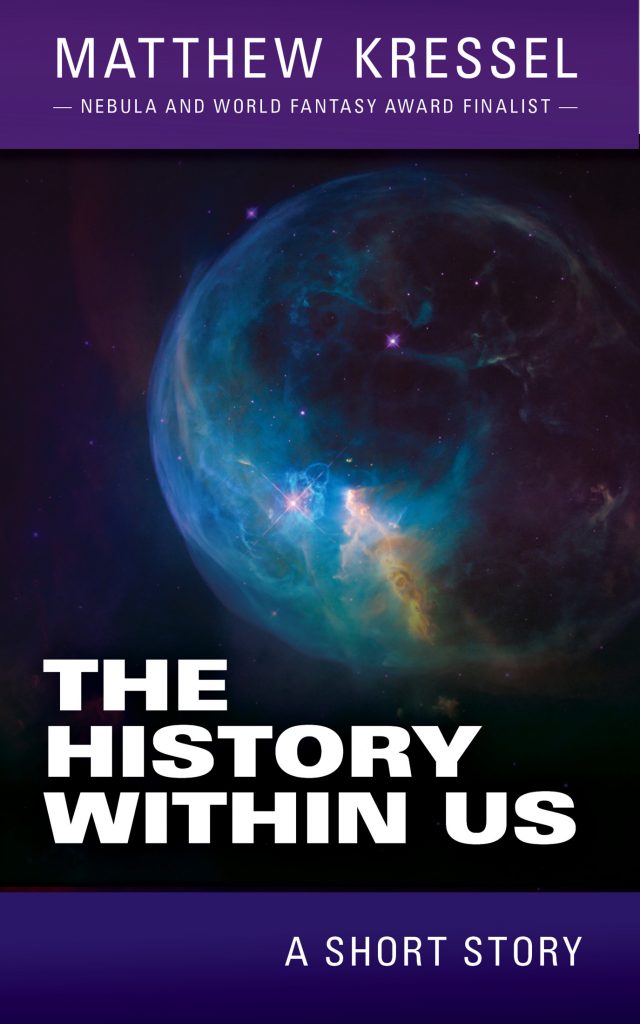
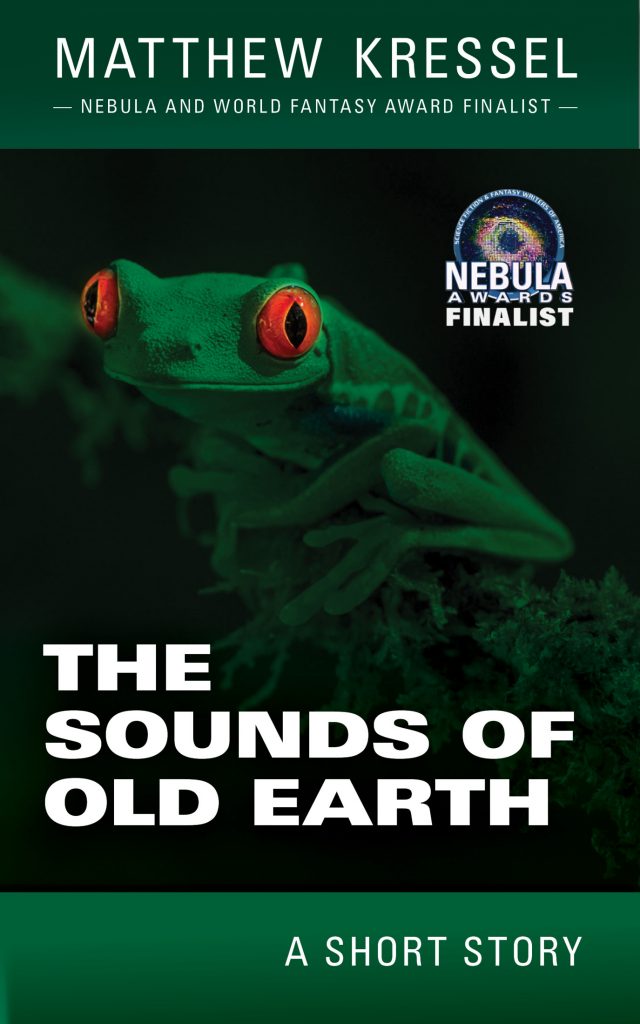
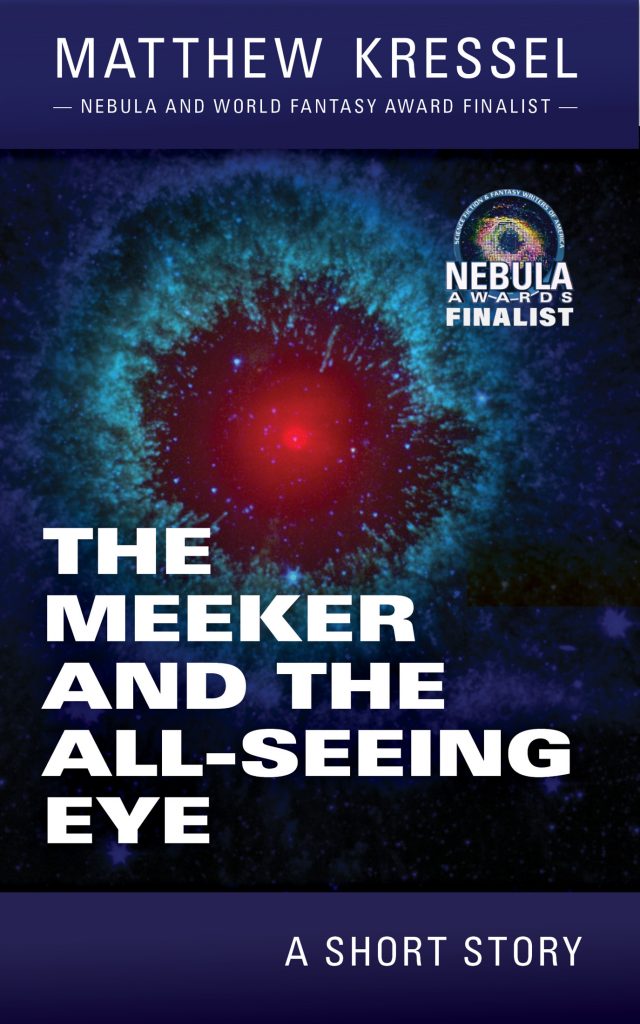

June 20, 2020 at 7:11 am
Just stumbled across your story on Lightspeed and wanted to share that I loved the metaphor of the Marsh of Camarina and how you took common ideas like AI taking over jobs and student debt and created a story that reflects on humanity and society with a protagonist that feels real. The part about distractions and lost dreams really resonated with me. I’ll always remember this story. Looking forward to reading more of your work!
June 20, 2020 at 9:13 am
Hi ZZZ! Thanks so much! Yeah, I think we live in a period of rapid change, and that can be very confusing and disheartening. But it’s also an opportunity for change.